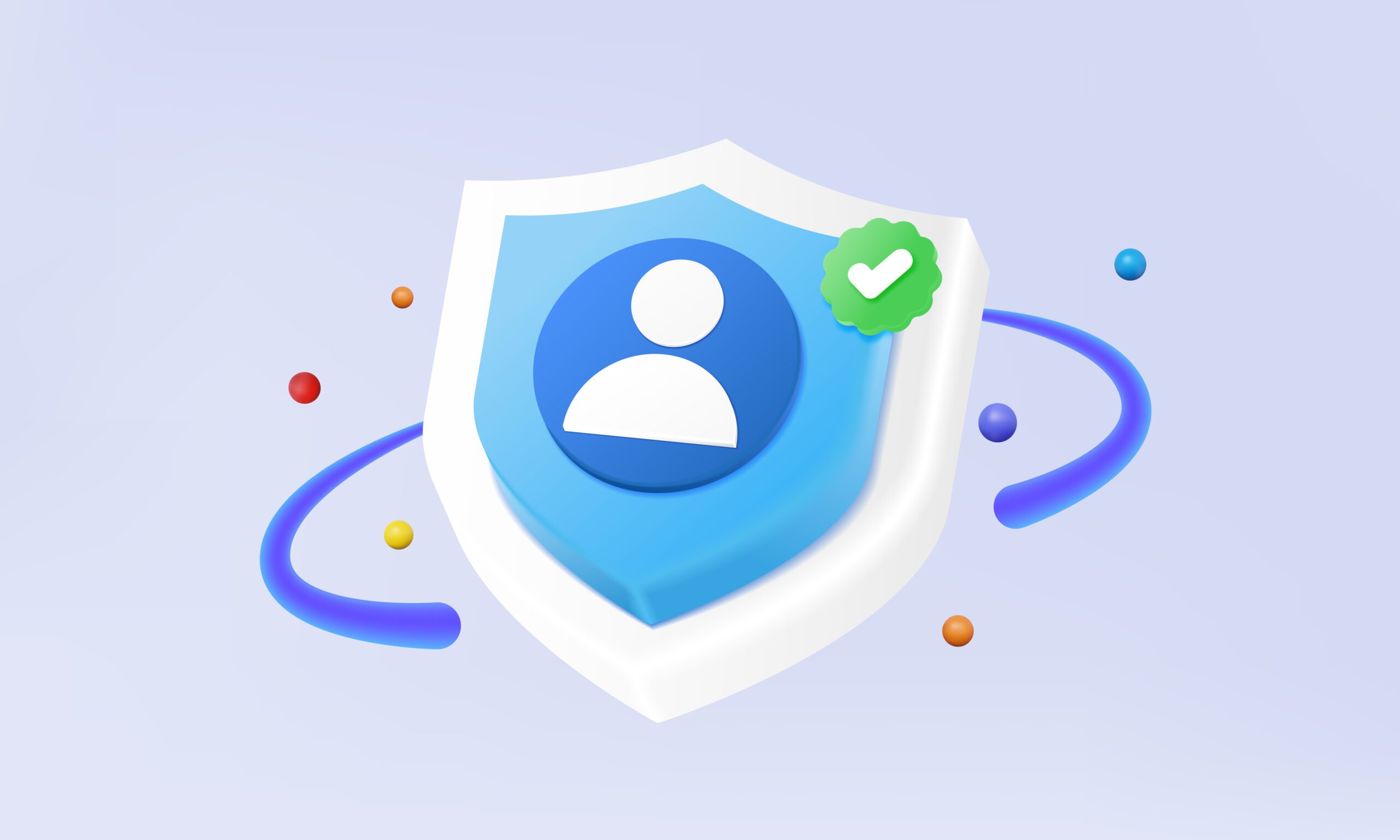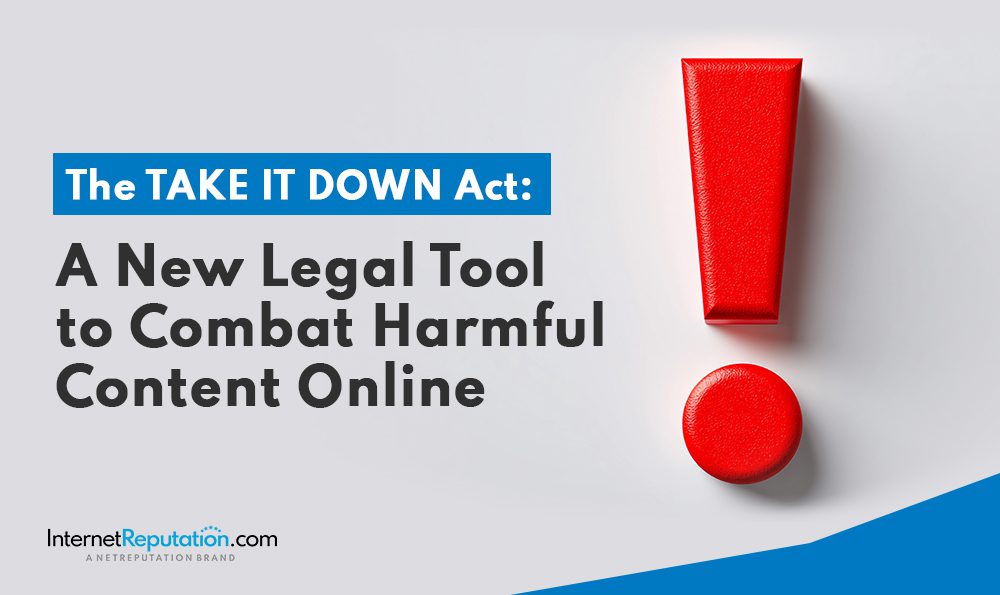How Do You Protect Your Online Privacy?

In an era when everything is digital, how do you protect your online privacy? Learn what you can do to safeguard your info and protect yourself across the web.
Privacy these days seems to be an ever-moving target; a growingly elusive ideal that often appears impossible to properly protect or define in any sort of reasonable way.
Of course, the advent of the Internet hasn’t made it any easier, increasing the difficulty of maintaining one’s privacy a hundredfold, if not more.
And while you and your family continue to struggle maintaining adequate control over your information and identity, even politicians step in, hitting privacy in an already incredibly vulnerable spot. To wit, a law just passed by Congress promises to make people’s personal Internet browsing histories a viable commodity, providing large telecom companies the opportunity to freely sell such information to a host of advertisers.
As technology, politicians and others continue to pile onto the ongoing complexities and frustrations involved in personal privacy, it’s important to know that there are, in fact, preventive measures you and your loved ones can indeed take to stave off attack, safeguard your information and work toward protecting and maintaining a positive reputation online.
So, How Do You Protect Your Online Privacy?
“Google Alert” Yourself
The first answer to “how do you protect your online privacy?” Set an alert.
Though not entirely comprehensive, a personalized Google Alert will notify you of your name mentions as soon as they appear online. If a new mention pops up, Google will send you an email. If that item poses a threat to your personal information or privacy online, you can begin to seek out ways to mitigate or eliminate it from the Web.
Seek Out an Online Privacy Professional
A professional online privacy monitoring service can go a long way toward identifying and removing mentions of your phone number(s), addresses, emails, names of relatives and more you don’t want exposed to public view. For better or worse, hundreds if not thousands of sites on the Web specialize in data-scraping digitized public records, only to turn around and sell such information for a small fee to any interested buyer.
Professional monitoring platforms perform speedy, comprehensive searches of these sites for your personal information, and have the technology and resources needed to remove such unwanted data quickly, and for a nominal cost.
Monitor & Manage Your Social Media Presence with Care
Though social media may seem anathema to the concept of privacy, each social media platform provides you options for controlling the desired level of profile visibility and security. Both Facebook and Twitter, for example, provides options for controlling who can see your posts, how searchable your profile can be and how much security you can place on account access.
It’s also an important and perhaps understated point to make that your social media content is ultimately under your control. As the gatekeeper for your social media content, you have the power to control how much or how little private information you want exposed on your account. What you choose to share is up to you.
Protect Your Passwords
The password you use to access your email account should be markedly different from the one you use to access your bank account, which should be different from the one for your Amazon.com profile, and so on. Password uniformity is never a good idea. Because once it’s cracked, the hacker then has easy access to everything else you put your name to.
Also, if a multiple-factor authentication option is made available, take advantage.
This will most likely include a request for your phone number, which the provider will use to contact you in the event your account is hacked. You’ll be thankful for this extra layer of protection should the account ever be breached.
Be Selective with Your Information
It may sound strange, but acting as your own online “manager” can help you prevent what you post, reveal and share online. Whenever you feel the need to post something, ask a question of Google, etc., be sure to ask yourself “Is this really necessary?” or “Do I really need to reveal this?”
Remember: once something is inputted online, it’s available to be found.
It’s important to be selective when it comes to revealing your information (SSN, birthdate, location, etc.) to companies or third parties you’re interacting with online. Be skeptical when asked for info the other side doesn’t really need to complete the transaction, and refuse to pony up anything you feel is unnecessary.
Privacy may often seem an elusive and unachievable ideal, but there are things you can do to better protect yourself, your identity and the integrity of your brand. Of course, if things seem out of your hands or beyond your control, you can always call an Internet privacy professional.



